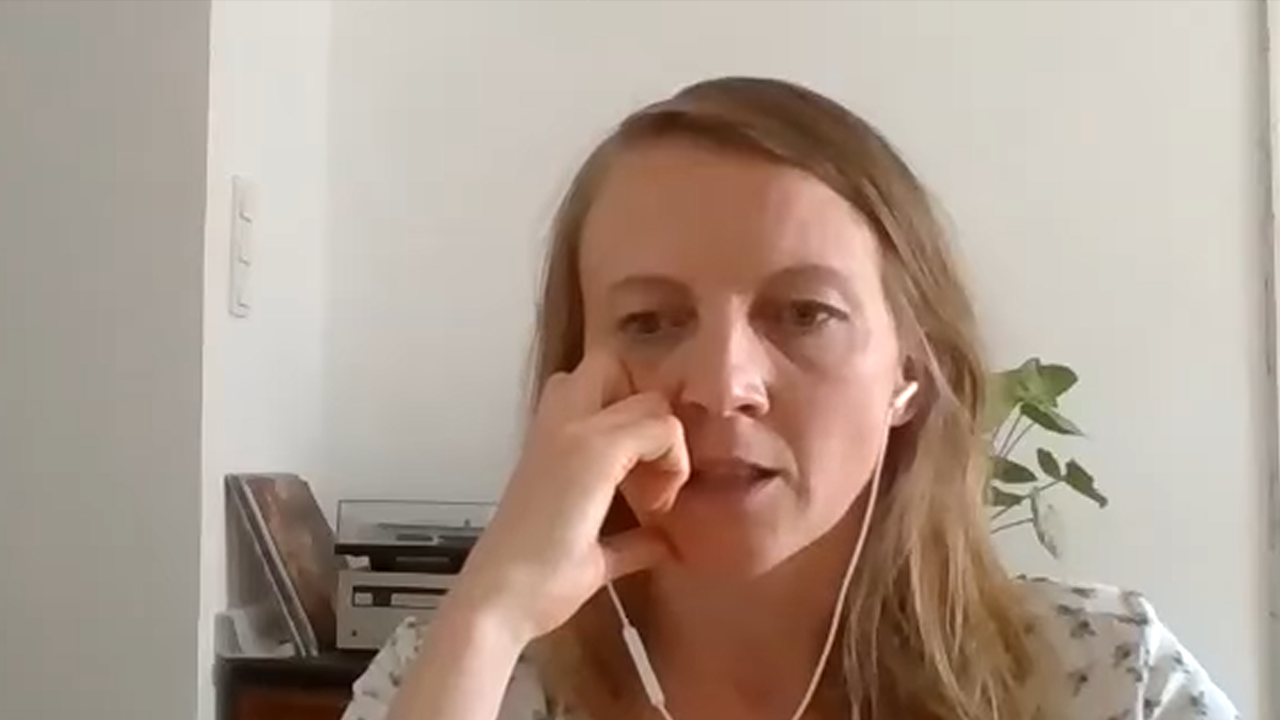This fundraising webinar collected €1715 for Scholars at Risk (matched and thus raised to €3430 from EASA reserves) for their work with scholars escaping war and authoritarian regimes.
The 2022 invasion of Ukraine prompted the largest humanitarian crisis in Europe’s recent history. With this panel we want to use anthropological knowledge to shed some light on this current crisis: its long-duree origins and precedents, parallels and contrasts, as well as its projections into the future. Hosted by the EASA and co-sponsored by AAA/Soyuz and SAE and SIEF, this webinar is one out of two events that will invite discussants focusing on different aspects of the crisis. We ask: What impact will this humanitarian crisis have on the political landscape not only of Ukraine but also of the whole region and the European continent?
In particular we are interested in discussing:
- When the ‘new’ Eastern European countries joined the EU not as aid recipients but as donors, most of them were strongly criticized in Brussels for their reluctance to provide support for African states, and instead prioritising the Eastern Partnership countries, in particular Ukraine. How is this trajectory influencing their current response and ability to support Ukraine? Finally, what does the current crisis means for the moral economy of aid: its global ‘principles’ but also local variants of the aid ideology. What is the furture of neutrality paradigm, especially vis-a-vis controversies surrounding the work of the IRC? , the actions of the IRC once again brought to the light the question of neutrality in humanitarian assistance. What is the future of humanitarian industry?
- What is the impact of the war and resultant mass migration in Ukraine, where the shocks of a severe post-socialist crisis of social reproduction has long been absorbed by labour migration into Europe with Ukrainians taking up precarious insecure positions in some of the most undervalued and underpaid sectors such as agriculture, construction and care work? What would a meaningful long-term strategy look like and what would be the challenges to recuperate the social fabric of the country once war is over? In what ways can the outcomes of this crisis be mitigate to prevent further exploitation of the country such as economic exploitation, brain drain or emptying towns and villages?
